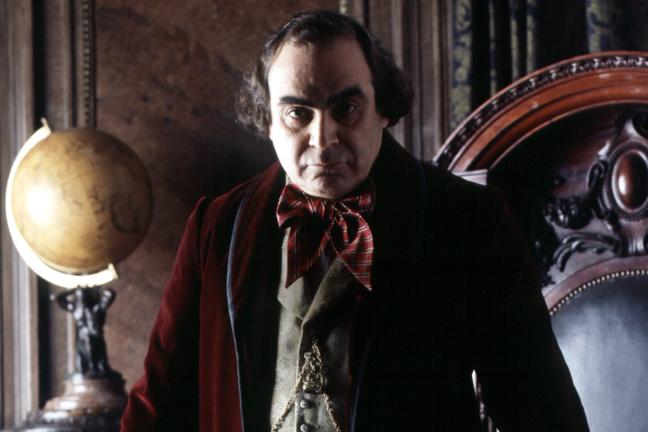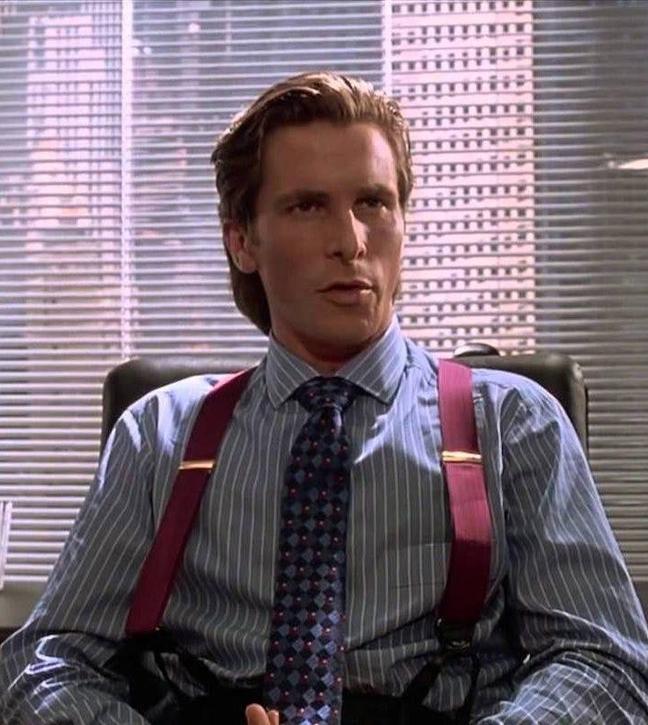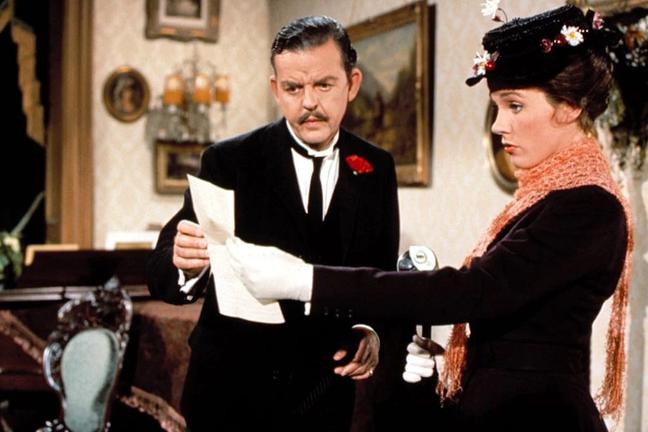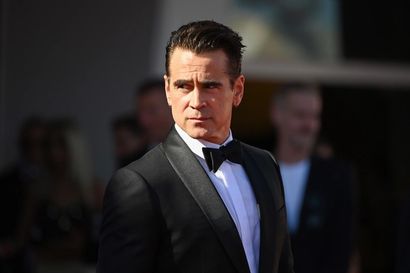If you’re going to get rich — really, properly, stinking rich; you want to do this thing properly — you’re going to need to keep your money somewhere. There’s only so much you can store under even a double mattress, even if you use fifties; and everyone knows that inflation has a dismaying effect on under-mattress cash investments anyway.
That means — unless you’re throwing your lot in with cryptocurrencies, in which case good luck to you — you’re going to need to get involved with bankers. And here the literature is not, generally, encouraging. Bankers in books are almost always stinkers. Perhaps the best known is Augustus Melmotte from Trollope’s The Way We Live Now (v v bad egg, a fraudster and a scoundrel; though he gets his comeuppance) and he slightly sets the pattern. Indeed, all those naughty bankers who you find in fiction post-2008 are to a greater or lesser extent in Melmotte’s shadow.
If ever you needed a token, though, of how thoroughly literature tracks the real world you could look at its history of bankers. In particular, the rare instances of good bankers — and the very many instances of bad ones — seem to suggest that long before our post-2008 agitation about the difference between retail or high-street banking and the “casino banking” of the investment funds and the money-markets, writers were on the case.

David Suchet as Augustus Melmotte
The novelist Tom Wolfe minted the phrase “Masters of the Universe” in The Bonfire of the Vanities: that was written in the Eighties, when a surging Wall Street under Reaganomics was super-bullish and bankers — of the megabucks casino variety rather than those who took boring old deposits at dingy desks on Main Street — were rock stars.
That portrait, in tune with others of its age, had a tone of what you could call appalled affection. It works as a sort of companion piece to Michael Lewis’s nonfiction Liar’s Poker, a book about his time at Salomon Brothers, released a couple of years later. And between those two publications you have a sense of where bankers were seen in that period: they were larger than life; they weren’t just money-men, but masters of the universe; they were liars and they were gamblers. But they were kind of fun.
“The literature is not, generally, encouraging. Bankers in books are almost always stinkers…”
A hinge perhaps came a couple of years after that in the early 1990s. The affection had curdled, and the appallingness had risen to the surface. Patrick Bateman (I’m afraid a mention of American Psycho is impossible to avoid in this sort of discussion) is an investment banker but he’s also either a serial killer, or believes he’s a serial killer, and he certainly likes Huey Lewis And The News, which is far worse than either thing.
Post-crash, Adam Haslett’s 2010 debut Union Atlantic (a book actually named after a bank) gives us a latter-day Master of the Universe in Doug Fanning. And Doug has none of Sherman McCoy’s hapless charm. He’s a horrible piece of work — callous, egotistical and duplicitous. He not only thrives on casino banking — he actually wants to live in one, airily telling his lawyer early on: “Buy me a plot of land, hire a contractor, and build me a casino of a house.”
Gary Shteyngart’s recent Lake Success has as its protagonist a fund manager who does a runner as he’s on the point of being done for insider trading. He drinks £25,000 bottles of whisky, collects obscenely expensive watches and names his funds after novels by F Scott Fitzgerald.

Theo James as Guy Clinch

Christian Bale as Patrick Bateman
So where do we look for benign bankers? We have to look harder. We have, usually, to look further back than the second half of the last century (though Guy Clinch in Martin Amis’s London Fields and Roger Yount in John Lanchester’s Capital are both a bit more sympathetic than the average fictional banker).
And we have to look, for the most part, in the retail banking department: for banking was not until lately synonymous with greed and glamour but with probity and respectability. A banker was a pillar of the community in fiction as in society. Mr Bulstrode in Middlemarch wasn’t a master of the universe but he was top dog in the little town and, on the face of it, not only a financial but a moral authority.

David Tomlinson as Mr Banks
Jarvis Lorry in Dickens’s A Tale Of Two Cities is, oddly, not only a decent man but an actual hero, helping to rescue the novel’s goodies from revolutionary murder in Paris while also keeping his paperwork in apple-pie order. Torvald Helmer in Ibsen’s A Doll’s House is a very limited man, and much of his time. But he’s fastidiously respectable and honest. And let’s not forget that the dad in Mary Poppins is a banker (he’s actually called Mr Banks, in fact) and is as nice as pie with it.
But post-2008? There’s only one really safe place for your money. The only trustworthy retail bankers of our age don’t exist in the muggle world, but in Diagon Alley, in the employ of the wizarding bank Gringott’s. Make a withdrawal from under that mattress, in other words, and give your greenbacks to a goblin.
Want more words of wisdom from the pages of history? Read Sam Leith’s take on literature’s great social climbers…
Join the Gentleman’s Journal Clubhouse here.

Become a Gentleman’s Journal Member?
Like the Gentleman’s Journal? Why not join the Clubhouse, a special kind of private club where members receive offers and experiences from hand-picked, premium brands. You will also receive invites to exclusive events, the quarterly print magazine delivered directly to your door and your own membership card.


